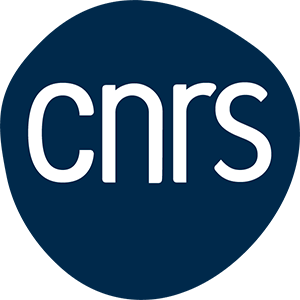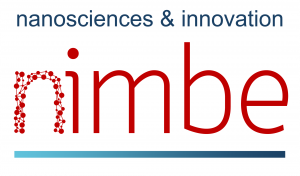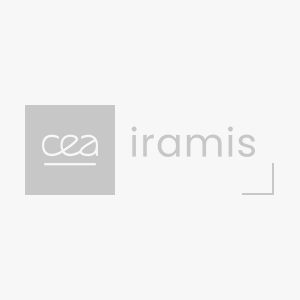Domain, Specialties : Materials chemistry
Keywords: robotic syntheses, nucleation, Small-Angle X-ray Scattering
Representativeness of robotic syntheses of nanoparticles
Summary
With the advent of machine learning in materials chemistry, using robots to build databases of syntheses of nanoparticles is at the forefront. But how representative are these mixing methods?
Full description
The advent of machine-learning driven discovery of new materials has stimulated the use of robotic syntheses of nanoparticles to build quickly databases. A common solution is to use a liquid dispensing robot for high-throughput screening of synthesis conditions in 96-well plates of a few hundreds of microliters. It raises a question: how representative of conventional laboratory conditions are the nucleation and growth conditions provided by a liquid dispensing robot?
The aim of this internship is to test experimentally a fundamental hypothesis using metal oxide nanoparticles as a case study: prove or disprove that robotic syntheses are representative of syntheses in good mixing conditions only if the typical micromixing time is shorter than the nucleation time imposed by supersaturation conditions.
We expect this study to pave the way for the rationalization of new approaches that are at the forefront of synthetic materials chemistry
Location
CEA-Saclay, (91) Essonne, France
Internship conditions
- Internship duration: 6 months
- Level of study: Bac+5
- Training: Master 2
- Continuation in PhD thesis: Yes
- Application deadline: 3 février 2025
Experimental skills
Language : English
Useful methods and technics: liquid robot dispenser, Small-angle X-ray Scattering, nucleation theories
Computer languages and software: Python
Supervisor
David Carrière
Phone: 01 69 08 54 89
Email :
Head of the laboratory NIMBE / LIONS
Antoine Thill
Phone: 01 69 08 99 82




